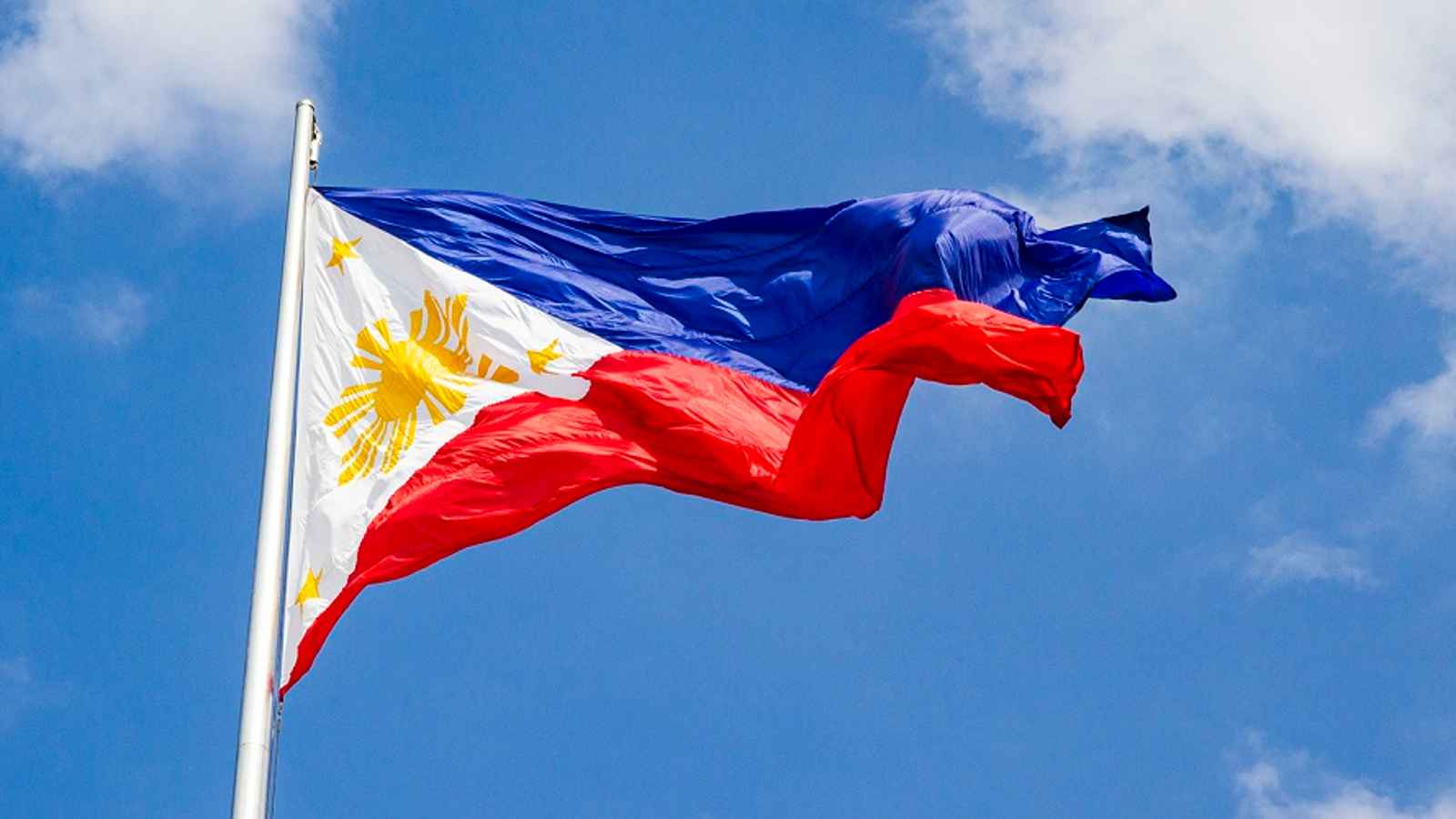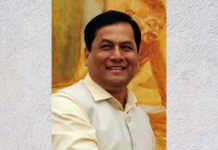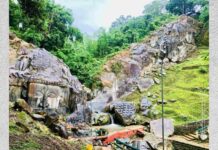National Heroes Day is observed annually on the last Monday of August to commemorate the Cry of Pugad Lawin, a revolt that sparked the 1896 Philippine Revolution against the Spanish Empire and the lengthy struggle for Philippine independence.
At the conclusion of World War II, after centuries of rule by Spain, the United States, and Japan, the Philippines attained true independence. This victory brought an end to a protracted conflict between the small island nation and significant world powers.
Filipinos honour the known and unknown champions of the Revolution with parades, events at local shrines, and fireworks displays on champions Day.
The background of National Heroes’ Day
The Philippines’ idyllic islands and dazzling Pacific waters belie the country’s turbulent history and struggle for independence. Filipinos commemorate the Cry of Pugad Lawin, a pivotal moment in the Philippine independence movement, on the last Monday of August.
During an expedition in 1542, Ferdinand Magellan claimed the Philippines for Spain. After three hundred years of Spanish colonial control, the Katipunan movement, led by Andres Bonifacio, realised the Spanish had no intention of relinquishing their hold on the island territory and launched an armed revolt. Inciting a revolution, Bonifacio and his men publicly tore up their cedulas (Spanish-issued residency documents) while chanting “Long live the Philippines!”
Despite the fact that the Spanish eventually defeated Bonifacio and his forces, their insurrection sparked a wave of revolts across the nation, which eventually led to the Spanish-American War and the establishment of the First Philippine Republic in 1899.
The path to complete independence was marked by an alliance with the United States, a betrayal by the United States, and another conflict. By 1902, over 40,000 Filipinos had perished, and the United States instituted civilian rule. After a ruthless Japanese occupation, the Republic of the Philippines did not attain independence until 1946.
National Heroes Day was established as a holiday in 1931, when the Philippines was still a U.S. commonwealth. It honours both recognised and unknown national heroes. The holiday defiantly survived the Japanese occupation and continues to play a significant role in the Philippine calendar today. Citizens commemorate departed heroes through solemn military ceremonies, wreath-layings, and parades.
Crackers Over The Keyboard Day 2023: Date, History, Facts about Crackers
Late Summer Bank Holiday 2023: Date, History, Facts, Activities
Social Justice Sunday 2023: Date, History, Facts about Concerning Social Justice
5 IMPRESSIVE FACTS ABOUT THE PHILIPPINES
400 million messages are sent daily, which is more than the United States and Europe combined.
Manila has the highest population density in the globe, with 55,446 people per square kilometre.
In the Philippines, where the climate is hot and humid, three of the world’s ten largest shopping centres are located.
More than a tenth of the population works abroad, and 25% of all expatriate nurses are expats.
The ubiquitous stringed toy was created by a Filipino-American who was inspired by an ancient Filipino hunting weapon.
NATIONAL HEROES’ DAY DATES
| Year | Date | Day |
|---|---|---|
| 2021 | August 30 | Monday |
| 2022 | August 29 | Monday |
| 2023 | August 28 | Monday |
| 2024 | August 26 | Monday |
| 2025 | August 25 | Monday |




